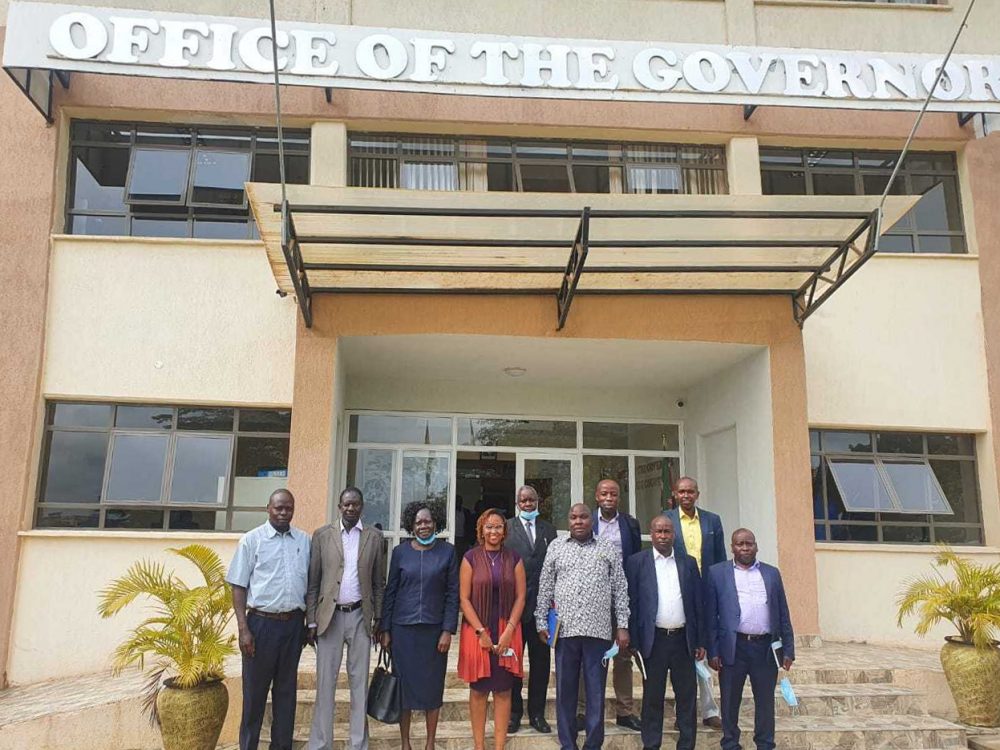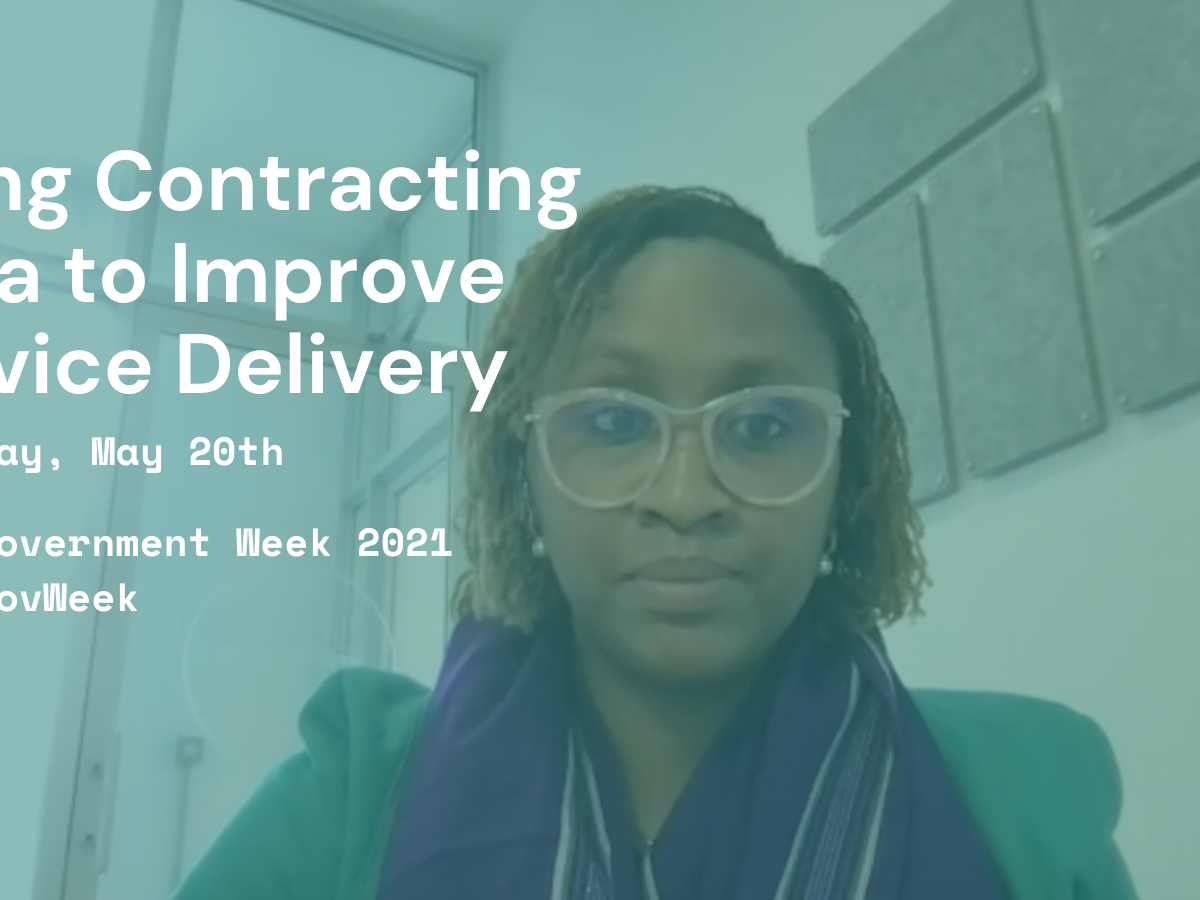The Open Data Effect: Creating Optimistic Radicals at OKFest’
I am Stephen Davenport, Director of Innovation at Development Gateway, and recently I attended my first Open Knowledge event, the OKFestival in Helsinki Finland. As a development professional with a technology background I am often skeptical of such events as too soft a subject. What is knowledge anyway? It’s too generic. It’s too easy to immerse yourself in the theoretical and loose sight of the practical.
However, it seems I am behind the times. The discussions of the ideological, the political, and the practical created a compelling mix at the University Aalto University School of Arts, Design, and Architecture. I was able to participate on two panels:
- The Future of Open Government Bar
- The Challenges of Crowdsourcing Data
As I listened, commented, and responded to questions, I noticed a pattern emerging. Open Government and Open Development discussions would ultimately end with an Open Data reference. As the former are still quite nebulous ideas yet to be practically defined, the latter seems more concrete leading to immediate results (“low hanging fruit” is a term I detest). Experiments with open data are providing fuel for a larger discussion on open participatory government.
If Open Data is in fact the “gateway drug” to a more participatory government, how do we emphasize the importance of the political and emotional change that comes with it? Technologies can accelerate the things we care about in economic development. Open Data (The Supply), Mapping and Visualization Tools (The Accessibility), and the International Aid Transparency Initiative (The Standard), seem the technical building blocks upon which to build practical approaches to involving citizens more actively in their own government.
However, more focus is needed on the ecosystem that surrounds such tools and standards. If we wish to understand why they too often fail. They fail often times because we seek out quick technology quick wins and don’t plan for sustainability. Successful initiatives that illustrate usefulness over a period of time, such as UNICEF Uganda’s U-Report need to be studied to highlight the time, resources, and political commitment necessary to make this information ecosystem truly work in the long term.
Helsinki was an excellent opportunity to see how quickly progress is being made and how mindsets are slowly changing. Many of the presentations and participants echoed the need to pair technical innovation with sustainable institutional change. The criticism that “engineers are driving the agenda” is slowly losing traction as the stakeholders most in need of the information get more involved and focus on a long-term approach. Political initiatives like the Open Government Partnership and the Open Development Agenda represent a new opportunity to change the way citizens interact with government through the use of open data.
If we use Open Data to open doors and provide quick wins as part of a larger discussion it seems we are really making progress.
I am an “optimistic radical” it would seem.
Share This Post
Related from our library

Challenging Pessimists—and Optimists—to Reimagine Data and Power
Josh Powell and Jenna Slotin reflect on the Data Values Project and building a movement for change in data for development.

Scaling Open Contracting in Kenya
Elgeyo Marakwet County in Kenya recently launched their own Open Contracting Portal at the end of April. DG has worked closely with the county to understand the customizations needed in order to meet their needs and has added additional features to the system.
